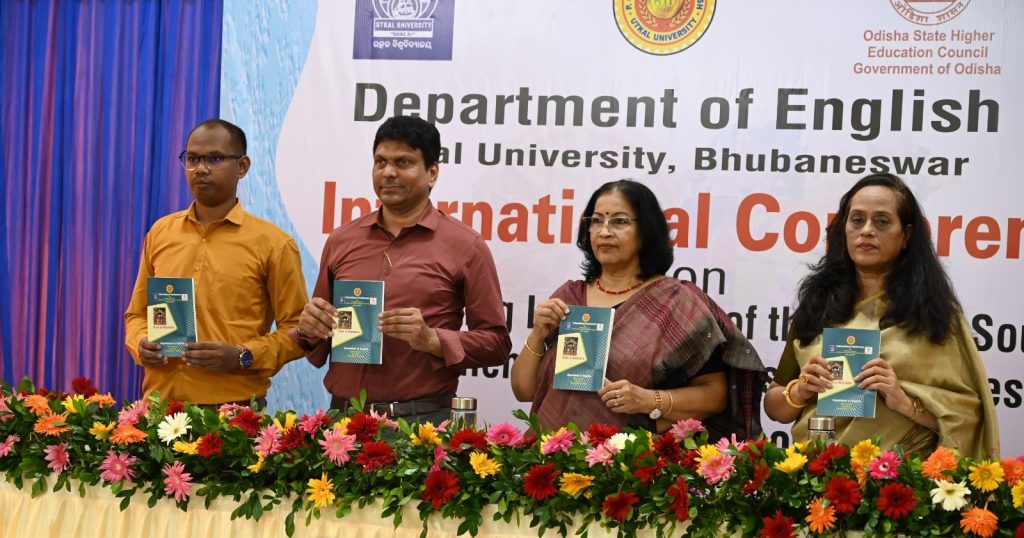Bhubaneswar: In a bid to promote and propagate the literature and knowledge texts of regional languages, experts at an international conference held on Thursday emphasized the need to increase the quality and reach of translations. The conference, titled ‘Translating Literatures of the Global South: Challenges, Questions, and Debates’, was organised by the English Department of Utkal University.
The conference highlighted the importance of translating Indian language books in a way that makes them easily understandable to a global audience, including Americans and British readers. Vice Chancellor of Utkal University, Prof Sabita Acharya, inaugurated the event by underlining the cultural significance of literature. She stated, “Anthropology focuses on the study of cultures and human behaviors. It is crucial for literature, like anthropology, to reflect the complexities of societies and provide insights into the human condition.”
Acharya also mentioned a recent UGC meeting in Delhi, where it was decided that Utkal University, as the nodal university of Bhasa Sahitya Samity, would write books in regional languages rather than merely translating them. This initiative, supported by the Ministry of Education, Government of India, aims to create textbooks in Odia across all subjects for degree courses in arts, science, commerce, and management faculties.
Peter Constantine, a professor at the University of Connecticut, USA, stressed the need for Indian literature to reach a global audience. He pointed out that while Indian writers often use a vibrant and accessible form of English that resonates with the Indian public, it can be challenging for American and British readers. “Most Indian writers think about the Indian public and incorporate regional words into their English translations, making it difficult for a British or American audience to understand,” he noted.
The international conference, supported by the Government of Odisha Higher Education Council, featured discussions on the challenges, questions, and debates surrounding the translation of literature from the Global South. Notable attendees included HOD Prof Asim Ranjan Parhi, Conference Director Tanutrushna Panigrahi, and Pulastya Jani.
The event underscored the cultural dimensions of translating literature and the necessity of making regional literary works accessible to a broader international audience, fostering greater global appreciation and understanding of India’s rich literary heritage.
PNN
